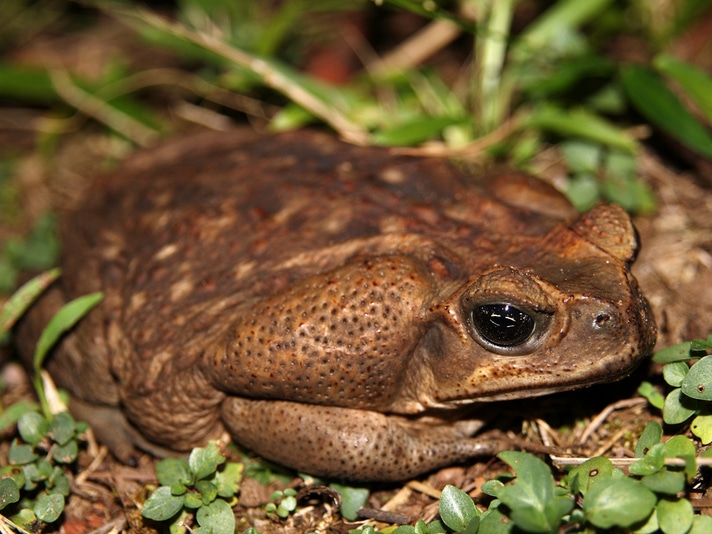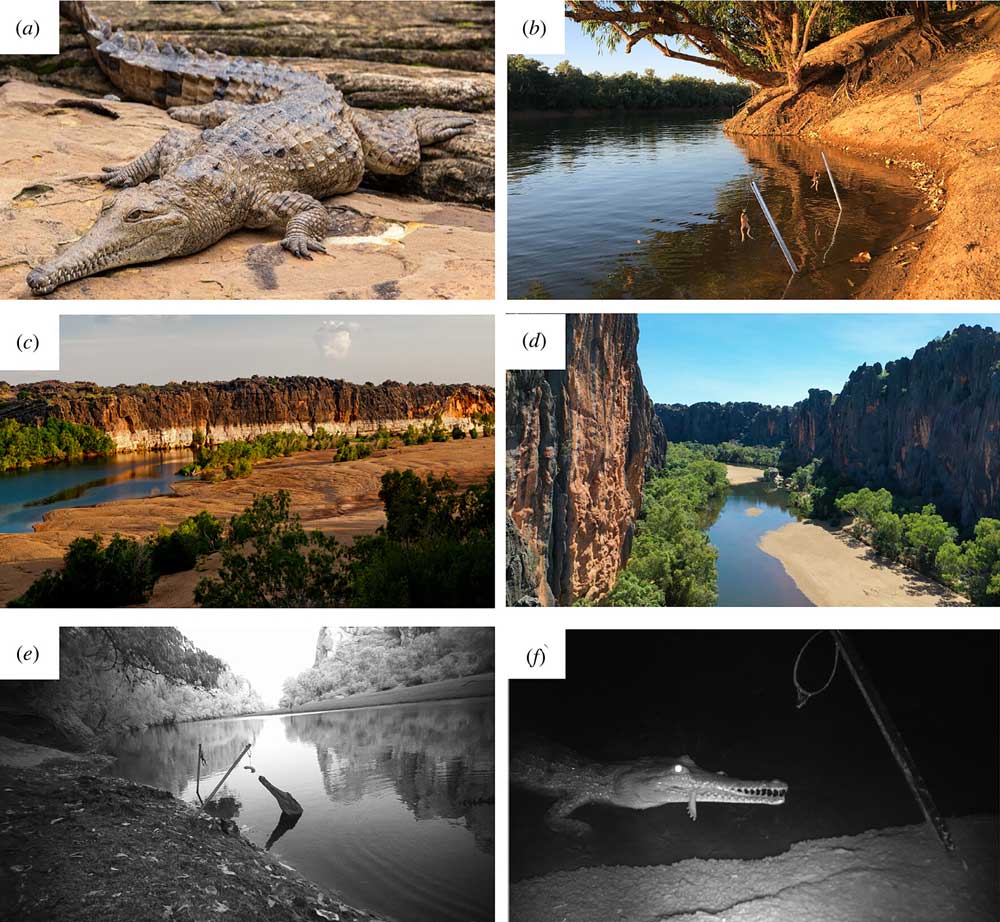In an effort to reduce mortality of the apex predators, scientists have trained the crocodiles to avoid ingesting cane toads by giving them an upset stomach.
The invasive cane toad (Rhinella marina) in Australia has caused the decline of freshwater crocodiles (Crocodylus johnstoni) by up to 70 percent. In an effort to reduce mortality of the apex predators, scientists have trained the crocodiles to avoid ingesting cane toads by giving them an upset stomach.
Researchers used what is called conditioned taste aversion (CTA) to help the crocodiles avoid eating cane toads. The researchers set out more than 2000 baits made of cane toad carcasses with the toxins removed but added a chemical that induces nausea. thee were placed across four gorge systems throughout the Kimberley region of northwestern Australia where the crocodiles are known to inhabit. These sites also experienced high mortality rates of crocodiles due to the consumption of cane toads. As a control, the researchers used chicken baits that were placed alongside the toad baits.

The cane toad has devastated native populations of freshwater crocodiles in Australia. Photo by Ryan M. Bolton/Shutterstock
The free ranging crocodiles quickly learned to avoid the cane toad carcasses, but still consumed the chicken baits. The researchers conducted repeated baiting of the cane toad carcasses over successive years, which caused the crocodiles to avoid the baited cane toad carcasses, contributing to crocodile survival.
Toadzilla Cane Toad Found In Australia
Northern Quoll Genetically Engineered to Resist Cane Toad Toxins
The researchers deemed the CTA testing a success in both the crocodile study as well as with varanid lizards, though the testing differed slightly, with the crocodile testing using cane toad carcasses and the paranoid lizard study using small live toads.
The complete paper, “Taste aversion training can educate free-ranging crocodiles against toxic invaders” can be read on The Royal Society Publishing Journal website.



